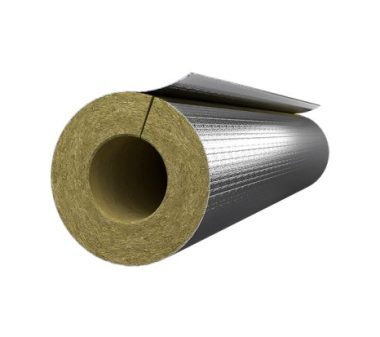
HVAC insulation refers to the process of insulating the heating, ventilation, and air conditioning (HVAC) system in a building. It involves using insulating materials to reduce heat transfer and improve energy efficiency in the HVAC system.
Insulation is important in HVAC systems because it helps to maintain the desired temperature inside a building by minimizing heat loss or gain. It also helps to improve the system's overall performance and reduce energy consumption, leading to lower heating and cooling costs.
Here are a few key points about HVAC insulation:
Insulation Types: There are various types of insulation materials used in HVAC systems, including fiberglass, foam board, reflective insulation, and mineral wool. Each type has its own set of characteristics, such as thermal resistance (R-value), fire resistance, moisture resistance, and cost.
Duct Insulation: Insulating HVAC ductwork is crucial as it prevents heat loss or gain as air moves through the system. Insulating ducts can be done using materials like fiberglass duct board, insulated flexible ducts, or wrap-around insulation.
Pipe Insulation: HVAC pipes that transport hot or cold fluids, such as water or refrigerant, should be insulated to prevent heat transfer and maintain the desired temperature. Common pipe insulation materials include foam sleeves, fiberglass wraps, or pre-formed pipe insulation.
Benefits of HVAC Insulation: Proper insulation in HVAC systems offers several benefits. It reduces energy consumption, lowers utility bills, improves indoor comfort by maintaining consistent temperatures, reduces HVAC system noise, and prevents condensation and moisture buildup.
Installation Considerations: When insulating HVAC systems, it's important to consider factors such as the insulation material's suitability for the application, proper installation techniques, compliance with local building codes and regulations, and potential fire hazards.
Professional Assistance: HVAC insulation can be a complex process, and it's often best to consult with a professional HVAC contractor or insulation specialist for proper assessment, material selection, and installation.
Remember that building codes and insulation standards may vary depending on your location, so it's important to consult local regulations and seek professional advice to ensure compliance and optimal insulation performance.
Get in touch with Galaxy Insulations experts today!